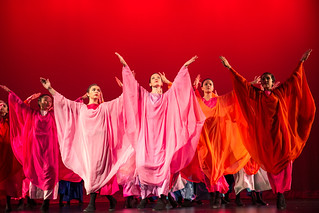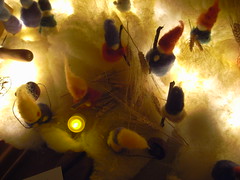The class teacher is not the only instructor who teaches the children. All classes have subject specific teachers in subjects such as eurythmy, crafts, foreign languages, music, etc.
However, the class teacher is responsible for the Main Lesson teaching in the first 120-minute module at the beginning of each school day. A Main Lesson period usually lasts 3-4 weeks, and the content of the teaching is described in the individual subject’s curriculum. In our time, it is a widespread belief that education primarily consists of handing over information. From a Steiner educational point of view, it is equally important that schooling also awakens and develops other aspects of the student, such as the ability to think clearly and critically, to experience and understand phenomena in the world, as well as the ability to distinguish between what is beautiful, good and true.
It is, of course, important that the individual Steiner teacher is able to teach in a competent and inspiring way throughout the subject pallet, but it is also important that the teacher is responsible for creating a good and caring class community with room for and acceptance of the individual student. The teacher’s work with his own inner values is an important prerequisite for the child to develop and grow as a human being and be ready to meet with the world outside of school.



